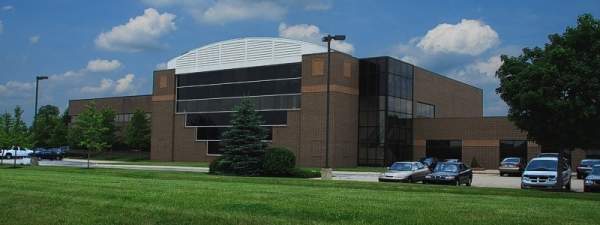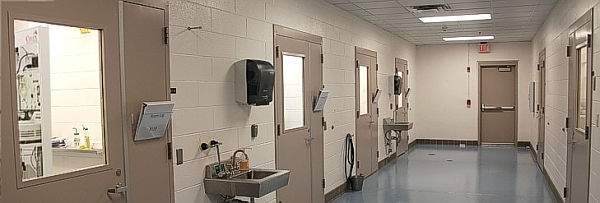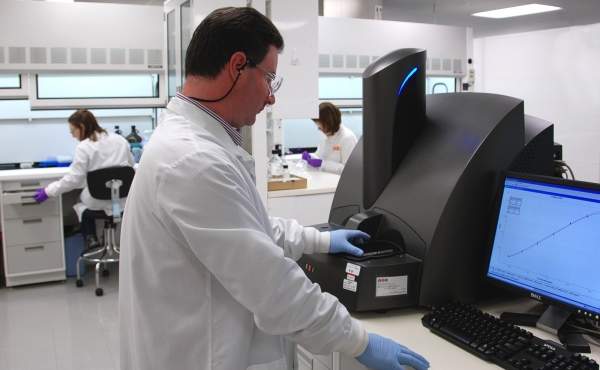Bioanalytical Systems, also known as BASi, is a US-based pharmaceutical research company. It offers contract laboratory services to pharmaceutical companies.
BASi opened a new discovery centre at the Purdue Research Park in West Lafayette, in the state of Indiana, in February 2012. The facility is named the BASi Discovery Center. It aims to provide research information on new compounds in the early stages of development. The target customers include pharmaceutical and biotech companies.
The discovery centre has been established with the objective of expanding the company’s drug discovery capabilities to meet the increasing demand from its customers.
BASi has partnered with contract research organisation XenoGesis to help pharmaceutical companies accelerate in-vitro drug discovery by eliminating fatally flawed compounds.
BASi facility information
The BASi Discovery Center was created by renovating an existing laboratory space. The renovations included approximately 4,800ft² of space dedicated for research activities. State-of-the-art environmental systems have been installed to maintain and monitor the lab conditions.
The facility has a number of individual study rooms, a surgical suite and an animal housing area. It utilises an automated syringe pump called Empis to deliver compounds to animals.
Empis was developed using proprietary technology of BASi. The pump is used in tandem with BASi’s automated blood sampling system called Culex.
Culex is an in-vivo sampling system. It causes less stress on animals during the collection of samples. The lower stress environment allows for collection of multiple samples from a single animal, thus reducing the number of animals needed for each experiment. It also improves the accuracy of information and enables rapid decision making.
Expansion of the discovery centre
The expansion is expected to reduce sample storage and shipping costs, and the turnaround time for the testing and analysis.
Headquarters of Bioanalytical Systems
BASi’s corporate headquarters is collocated within the new discovery centre at the Purdue Research Park of West Lafayette, which is located north of Purdue University’s main campus. The 725-acre research park has been developed through a partnership between Purdue University, Purdue Research Foundation and the city of West Lafayette.
Features of the BASi Discovery Center
The facility features a quiet environment with in-house bioanalytical facilities. The air and humidity levels within the facility are maintained at a level comfortable for animals with the help of state-of-the-art handling and control systems.
Separate animal handling quarters with individually vented cages have been built. The animals are allowed to move freely so they are less stressed and provide more accurate data. They are monitored continuously to avoid any deviations in the study.
BASi has taken care to reduce the possibility of cross contamination in the facility so that the animal’s health is not damaged.
Drug / compound testing at the discovery centre in Indiana
The BASi Discovery Center offers automated dosing and sampling of early stage compounds. It can provide customised in-vivo evaluation of compounds in a comprehensive manner.
It offers absorption, distribution, metabolism and excretion (ADME), neuroscience and pre-investigational new drug (Pre-IND) studies.
The ADME studies can be conducted in a variety of areas including pharmacokinetics, tissue distribution, metabolism and excretion.
Neuroscience studies that can be conducted include microdialysis, total tissue concentration and behaviour studies. Pre-IND studies are often required for phase one trials.
BASi uses the Culex system to carry out these studies. The system is suitable for a variety of studies in pharmacokinetics, drug metabolism and toxicology.
It was developed for pharmacokinetic and pharmacodynamic data collection. It can collect information related to blood, bile, metabolites and dialysates from animals of various sizes, ranging from mice to swine. Samples can be collected anytime, either day or night.
The samples are sealed in chilled vials.





